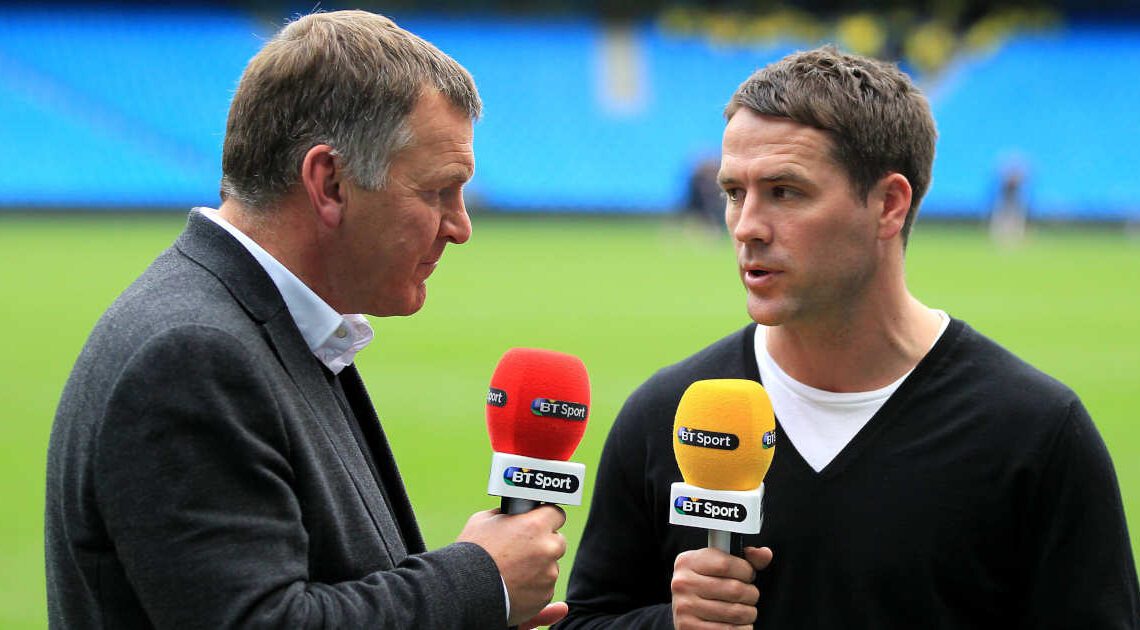In a recent Guardian article Jonathan Liew that the commentator should be replaced by silence, but it’s their sidekicks who need to disappear.
‘Commentators have taken over but it’s time to let game do the talking,’ wrote Jonathan Liew in The Guardian this week, and the gist of his piece was fairly straightforward. Commentators, he argues, talk too much these days, filling every available second with noise, no matter how useful or otherwise their thoughts might be.
Why not exchange this blizzard of white noise for the relative silence of the match itself? The background hum of the crowd and the shouts from the pitch or touchline could offer a radical alternative to yet more voices flooding the airwaves with their broadly unwanted opinions.
To a point, it’s a fair argument. Commentary is an art form, and its days of minimalism are long gone. When there is a lull in proceedings – and the average match has a lot of them – the pressure is on to say something, anything. A useless statistic that might make someone smirk. An advertisement for that channel’s next must-see, can’t-miss sporting event.
Is there a fear that if the audience is left to its own devices for longer than three or four seconds, we might collectively have a moment of existential realisation of the futility of it all and switch over to watch something more intellectually stimulating like Love Island?
But hold on a moment, there. If commentary is an art form, then surely we still need them, don’t we? Liew makes reference to ‘Motson, Davies, Moore (and there were never more than three): these were the gods of the gantry, braving the midday Mexican heat and the bone-rattling Boxing Day chill’, and he’s onto something there, although there should be a point of order to remember the other commentators of years gone by.
Liew may not be old enough to remember the likes of Hugh Johns or Gerald Sinstadt in their prime, but some of us are, and they were every bit as talented as their more celebrated brethren. And many of them were faces and voices of a region, indelibly linked with a time and place.
Consider, for example, Hugh Johns, who commentated on four World Cup finals for ITV, but was better known in the 1970s as the voice of football in the Midlands, covering Brian Clough’s successes at both Derby County and Nottingham Forest for ATV. In his last season working in that area, Aston Villa became the champions of England for the first time in more than 70…
Click Here to Read the Full Original Article at Football365…

